Faculty receive 2025-26 WARF Named Professorships, Kellett Fellowships, and Romnes Awards
Thirty-two UW–Madison faculty have been awarded fellowships from the Office of the Vice Chancellor for Research for 2025-2026. The awardees span the four research divisions on campus: arts and humanities, physical sciences, social sciences and biological sciences.
“At the University of Wisconsin–Madison, our researchers push the boundaries of discovery with unwavering curiosity and impact—these awards are not just recognitions, but reflections of their tireless pursuit of knowledge that shapes our world,” says Dorota Brzezinska, vice chancellor for research. “This year’s awardees have demonstrated a commitment to the Wisconsin Idea and are inspiring future generations of researchers.”
The awards are possible due to the research efforts of UW–Madison faculty and staff. Technology that arises from these efforts is licensed by the Wisconsin Alumni Research Foundation and the income from successful licenses is returned to the OVCR, where it’s used to fund research activities and awards throughout the divisions on campus.
WARF NAMED PROFESSORSHIPS
Ten faculty have been awarded WARF Named Professorships, which come with $100,000 and honor faculty who have made major contributions to the advancement of knowledge, primarily through their research endeavors, but also because of their teaching and service activities. Award recipients choose the names associated with their professorships.
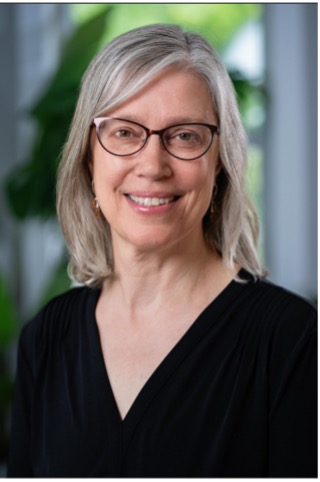 Martha Wagner Alibali is the Susan Goldin-Meadow Professor of Psychology, Vilas Distinguished Achievement Professor of Psychology and Educational Psychology, and an affiliate of the Wisconsin Center for Education Research. She received her Ph.D. from the University of Chicago and served on the faculty at Carnegie Mellon before joining the faculty at UW–Madison in 1999. Alibali conducts research at the interface of developmental psychology, cognitive psychology, and STEM education. Her work investigates how people learn mathematical and biological concepts and skills, with a primary focus on the roles of perception, action, and gesture in learning. She also studies instructional communication, including communication with gestures and other visual representations. Alibali is Director of the UW–Madison Interdisciplinary Training Program for Predoctoral Research in the Education Sciences and has served as Chair of the Mathematical Cognition and Learning Society and as a panel member for the National Academies of Science, Engineering and Medicine. Alibali’s research has been funded by the NSF and the U.S. Department of Education. She is a past recipient of the Friedrich Wilhelm Bessel Research Prize from the Alexander von Humboldt Foundation, and she is the 2025 recipient of the American Psychological Association Mentor Award in Developmental Psychology.
Martha Wagner Alibali is the Susan Goldin-Meadow Professor of Psychology, Vilas Distinguished Achievement Professor of Psychology and Educational Psychology, and an affiliate of the Wisconsin Center for Education Research. She received her Ph.D. from the University of Chicago and served on the faculty at Carnegie Mellon before joining the faculty at UW–Madison in 1999. Alibali conducts research at the interface of developmental psychology, cognitive psychology, and STEM education. Her work investigates how people learn mathematical and biological concepts and skills, with a primary focus on the roles of perception, action, and gesture in learning. She also studies instructional communication, including communication with gestures and other visual representations. Alibali is Director of the UW–Madison Interdisciplinary Training Program for Predoctoral Research in the Education Sciences and has served as Chair of the Mathematical Cognition and Learning Society and as a panel member for the National Academies of Science, Engineering and Medicine. Alibali’s research has been funded by the NSF and the U.S. Department of Education. She is a past recipient of the Friedrich Wilhelm Bessel Research Prize from the Alexander von Humboldt Foundation, and she is the 2025 recipient of the American Psychological Association Mentor Award in Developmental Psychology.
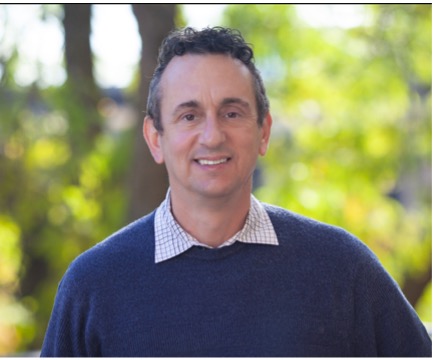 Robert Asen, Daniel C. Brouwer Professor of Communication and Democracy, received his Ph.D. from Northwestern University. He joined the UW–Madison Communication Arts Department as an assistant professor in 1999. Asen’s research and teaching focus on public policy debate, public sphere studies, democracy and deliberation, and rhetorical and communication theory. He considers how powerful groups use communication to maintain their privileges and advantages, and how marginalized people seek to overcome exclusions and inequalities to represent their needs, identities, and interests in the public sphere. He explores the fundamental role of communication in building and sustaining democratic cultures, norms, and institutional practices. Asen also investigates how communication practices may legitimate oppression and injustice by dividing and scapegoating people. His current work focuses on contemporary challenges to democracy like authoritarianism, as well as possibilities for renewing and reinvigorating democratic practice. Asen has held numerous leadership roles in the communication discipline. In 2022, the National Communication Association (NCA) presented Asen with a Distinguished Scholar Award, the highest honor offered by the association. He has received numerous awards for his scholarship by multiple disciplinary associations.
Robert Asen, Daniel C. Brouwer Professor of Communication and Democracy, received his Ph.D. from Northwestern University. He joined the UW–Madison Communication Arts Department as an assistant professor in 1999. Asen’s research and teaching focus on public policy debate, public sphere studies, democracy and deliberation, and rhetorical and communication theory. He considers how powerful groups use communication to maintain their privileges and advantages, and how marginalized people seek to overcome exclusions and inequalities to represent their needs, identities, and interests in the public sphere. He explores the fundamental role of communication in building and sustaining democratic cultures, norms, and institutional practices. Asen also investigates how communication practices may legitimate oppression and injustice by dividing and scapegoating people. His current work focuses on contemporary challenges to democracy like authoritarianism, as well as possibilities for renewing and reinvigorating democratic practice. Asen has held numerous leadership roles in the communication discipline. In 2022, the National Communication Association (NCA) presented Asen with a Distinguished Scholar Award, the highest honor offered by the association. He has received numerous awards for his scholarship by multiple disciplinary associations.
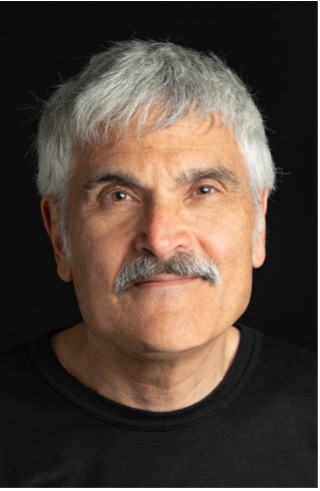 Alan Attie, Henry and Annrita Lardy Professor of Biochemistry, has focused his career on research into cholesterol and lipid metabolism, as well as obesity and diabetes. The first part of Attie’s research career was focused on mutations that affect cholesterol and lipoprotein metabolism. In mid-career, he decided to move into the field of diabetes. He decided that the tools of mouse genetics could be deployed to address a dichotomy associated with type 2 diabetes—although most people with type 2 diabetes are obese, most obese people do not develop diabetes. Thus, he decided to use genetics to discover genes responsible for obesity-induced diabetes. The genes identified from this approach affect the trafficking of insulin secretory granules in the pancreatic b-cells as well as the regulation of -cell mass. Attie’s work in genetics won him the appointment of Fellow of the American Association for the Advancement of Science and several other honors. Attie has trained more than 50 Ph.D. students and post-doctoral scholars. They have gone on to careers in academia, the biotech industry, and patenting/licensing. In addition to research mentorship, Attie has maintained an interest in innovative classroom teaching and has mentored graduate students and post-docs in the development of their teaching skills.
Alan Attie, Henry and Annrita Lardy Professor of Biochemistry, has focused his career on research into cholesterol and lipid metabolism, as well as obesity and diabetes. The first part of Attie’s research career was focused on mutations that affect cholesterol and lipoprotein metabolism. In mid-career, he decided to move into the field of diabetes. He decided that the tools of mouse genetics could be deployed to address a dichotomy associated with type 2 diabetes—although most people with type 2 diabetes are obese, most obese people do not develop diabetes. Thus, he decided to use genetics to discover genes responsible for obesity-induced diabetes. The genes identified from this approach affect the trafficking of insulin secretory granules in the pancreatic b-cells as well as the regulation of -cell mass. Attie’s work in genetics won him the appointment of Fellow of the American Association for the Advancement of Science and several other honors. Attie has trained more than 50 Ph.D. students and post-doctoral scholars. They have gone on to careers in academia, the biotech industry, and patenting/licensing. In addition to research mentorship, Attie has maintained an interest in innovative classroom teaching and has mentored graduate students and post-docs in the development of their teaching skills.
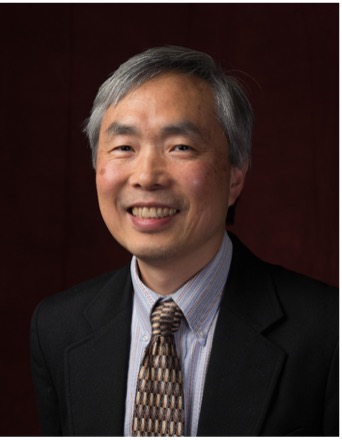 Jin-Yi Cai, Juris Hartmanis Professor of Computer Science, studied mathematics at Fudan University and then received his Ph.D. in computer science from Cornell University in 1986. He held faculty positions at Yale (1986-1989), Princeton (1989-1993), and SUNY Buffalo (1993-2000), rising from Assistant Professor to Full Professor in 1996. He joined the Computer Sciences Department at the UW–Madison in 2000 and was the Steenbock Professor of Mathematical Sciences 2014-2024. His research focuses on computational complexity theory. His work aims to classify computational problems according to their inherent complexity. In recent years he concentrated on complexity dichotomy theorems for counting problems at the P versus NP level.
Jin-Yi Cai, Juris Hartmanis Professor of Computer Science, studied mathematics at Fudan University and then received his Ph.D. in computer science from Cornell University in 1986. He held faculty positions at Yale (1986-1989), Princeton (1989-1993), and SUNY Buffalo (1993-2000), rising from Assistant Professor to Full Professor in 1996. He joined the Computer Sciences Department at the UW–Madison in 2000 and was the Steenbock Professor of Mathematical Sciences 2014-2024. His research focuses on computational complexity theory. His work aims to classify computational problems according to their inherent complexity. In recent years he concentrated on complexity dichotomy theorems for counting problems at the P versus NP level.
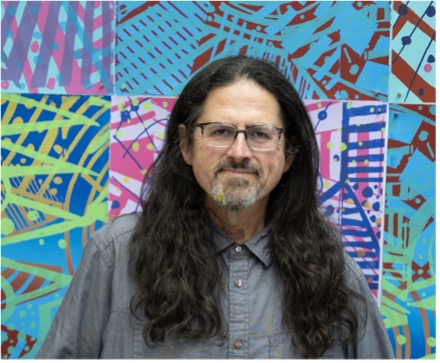 John Hitchcock (enrolled member of the Kiowa Tribe of Oklahoma and Comanche,), Truman Lowe Professor of Art, earned his BFA from Cameron University in 1990 and his MFA from Texas Tech University in 1997. He joined the UW–Madison Department of Art in 2001. His creative research combines music, spoken word, painting, installation and printmaking, and it has been exhibited in renowned museums worldwide. His artworks contribute to the dialogue surrounding Indigenous cultural, social, and political identities, utilizing Indigenous abstraction and storytelling in art that resonates globally. His professional roles have included the Associate Dean of the Art School of Education, Director of the Studio Learning Community, and Associate Chair of the Art Department. Notable exhibitions include The National Gallery of Art in Washington, D.C.; Library of Congress; the Portland Art Museum; the International Print Center in New York; the Museum of Contemporary Native Arts, Santa Fe; Denver Art Museum, the Nelson-Atkins Museum; American Culture Center in Shanghai, China; The Rauschenberg Project Space, New York; and Air, Land, Seed at the Venice Biennale 54th International Art Exhibition, Italy. He holds the Vilas Distinguished Achievement Professorship (2022), the Kellett Mid-Career Award (2019), and the Robert Rauschenberg Foundation Artistic Innovation and Collaboration Grant (2012–2015).
John Hitchcock (enrolled member of the Kiowa Tribe of Oklahoma and Comanche,), Truman Lowe Professor of Art, earned his BFA from Cameron University in 1990 and his MFA from Texas Tech University in 1997. He joined the UW–Madison Department of Art in 2001. His creative research combines music, spoken word, painting, installation and printmaking, and it has been exhibited in renowned museums worldwide. His artworks contribute to the dialogue surrounding Indigenous cultural, social, and political identities, utilizing Indigenous abstraction and storytelling in art that resonates globally. His professional roles have included the Associate Dean of the Art School of Education, Director of the Studio Learning Community, and Associate Chair of the Art Department. Notable exhibitions include The National Gallery of Art in Washington, D.C.; Library of Congress; the Portland Art Museum; the International Print Center in New York; the Museum of Contemporary Native Arts, Santa Fe; Denver Art Museum, the Nelson-Atkins Museum; American Culture Center in Shanghai, China; The Rauschenberg Project Space, New York; and Air, Land, Seed at the Venice Biennale 54th International Art Exhibition, Italy. He holds the Vilas Distinguished Achievement Professorship (2022), the Kellett Mid-Career Award (2019), and the Robert Rauschenberg Foundation Artistic Innovation and Collaboration Grant (2012–2015).
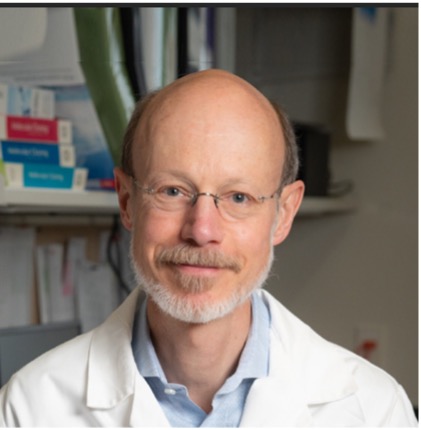 Timothy Kamp, Craig T. January Professor of Medicine, Cell and Regenerative Biology and recipient of the Stem Cell and Regenerative Medicine Research Professorship, obtained his M.D. and Ph.D. degrees from the University of Chicago. Dr. Kamp completed clinical training in Cardiovascular Medicine at Johns Hopkins University. He joined the UW–Madison Department of Medicine faculty in 1996 where he continues to practice cardiology and directs an active cardiovascular research laboratory. His research initially focused on understanding the role of ion channel dysfunction in arrhythmias and heart failure. Kamp’s research expanded into stem cell biology in collaboration with Dr. James Thomson providing some of the first studies of human heart cells derived from human embryonic stem cells and more recently patient-specific human induced pluripotent stem cells. His group has developed technologies enabling efficient production of various heart cell types from stem cells which are used for studying heart disease and as potential therapies for failing hearts. Kamp was co-founding director of the UW Stem Cell and Regenerative Medicine Center in 2007, and he has been director of the center since 2018. He also co-founded the stem cell company, Cellular Dynamics International, in 2005. Kamp is currently president of the International Society for Heart Research – North American Section, a professional society of cardiovascular researchers.
Timothy Kamp, Craig T. January Professor of Medicine, Cell and Regenerative Biology and recipient of the Stem Cell and Regenerative Medicine Research Professorship, obtained his M.D. and Ph.D. degrees from the University of Chicago. Dr. Kamp completed clinical training in Cardiovascular Medicine at Johns Hopkins University. He joined the UW–Madison Department of Medicine faculty in 1996 where he continues to practice cardiology and directs an active cardiovascular research laboratory. His research initially focused on understanding the role of ion channel dysfunction in arrhythmias and heart failure. Kamp’s research expanded into stem cell biology in collaboration with Dr. James Thomson providing some of the first studies of human heart cells derived from human embryonic stem cells and more recently patient-specific human induced pluripotent stem cells. His group has developed technologies enabling efficient production of various heart cell types from stem cells which are used for studying heart disease and as potential therapies for failing hearts. Kamp was co-founding director of the UW Stem Cell and Regenerative Medicine Center in 2007, and he has been director of the center since 2018. He also co-founded the stem cell company, Cellular Dynamics International, in 2005. Kamp is currently president of the International Society for Heart Research – North American Section, a professional society of cardiovascular researchers.
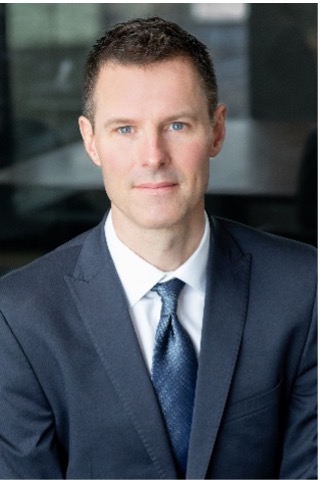 Adam R. Nelson, John L. Thomas Professor of Educational Policy Studies and History, received his Ph.D. in History from Brown in 1998. He was then a Lecturer in History and Literature at Harvard and joined the Department of Educational Policy Studies at UW–Madison in 2001, with a courtesy affiliation in History. An historian of education, his work has examined the history of higher education from the colonial period to the present as well as the history of education policy and law. His publications include Education and Democracy: The Meaning of Alexander Meiklejohn, 1872-1964 (Wisconsin, 2001); The Elusive Ideal: Equal Educational Opportunity and the Federal Role in Boston’s Public Schools, 1950-1985 (Chicago, 2005); Exchange of Ideas: The Economy of Higher Education in Early America (Chicago, 2023); Capital of Mind: The Idea of a Modern American University (Chicago, 2024); Dartmouth College v. Woodward: Colleges, Corporations, and the Common Good (Kansas, 2025); and two co-edited volumes, Education and the Culture of Print in Modern America, with John L. Rudolph (Wisconsin, 2010); and The Global University: Past, Present, and Future Perspectives, with Ian P. Wei (Palgrave, 2012). He served as President of the History of Education Society (U.S.) and as Senior Associate Dean in the School of Education at UW–Madison.
Adam R. Nelson, John L. Thomas Professor of Educational Policy Studies and History, received his Ph.D. in History from Brown in 1998. He was then a Lecturer in History and Literature at Harvard and joined the Department of Educational Policy Studies at UW–Madison in 2001, with a courtesy affiliation in History. An historian of education, his work has examined the history of higher education from the colonial period to the present as well as the history of education policy and law. His publications include Education and Democracy: The Meaning of Alexander Meiklejohn, 1872-1964 (Wisconsin, 2001); The Elusive Ideal: Equal Educational Opportunity and the Federal Role in Boston’s Public Schools, 1950-1985 (Chicago, 2005); Exchange of Ideas: The Economy of Higher Education in Early America (Chicago, 2023); Capital of Mind: The Idea of a Modern American University (Chicago, 2024); Dartmouth College v. Woodward: Colleges, Corporations, and the Common Good (Kansas, 2025); and two co-edited volumes, Education and the Culture of Print in Modern America, with John L. Rudolph (Wisconsin, 2010); and The Global University: Past, Present, and Future Perspectives, with Ian P. Wei (Palgrave, 2012). He served as President of the History of Education Society (U.S.) and as Senior Associate Dean in the School of Education at UW–Madison.
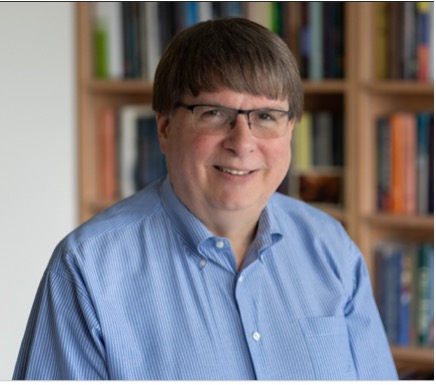 Jeffrey Smith, Paul T. Heyne Professor of Economics, is the Paul T. Heyne Distinguished Chair in Economics and the Richard Meese Chair in Applied Econometrics at the UW–Madison. He is also affiliated with the Institute for Research on Poverty, the La Follette School of Public Affairs, the Center for Demography and Ecology and the Center for the Demography of Health and Aging. He is a Fellow of the Society of Labor Economists and will serve as its president in the 2025-26 academic year. He received his Ph.D. from the University of Chicago and taught at Western Ontario, Maryland, and Michigan prior joining Wisconsin in January 2018. His research centers on experimental and non-experimental methods for the evaluation of interventions, particularly in educational and labor market contexts. He has published papers on many aspects of the evaluation and operation of active labor market programs, along with papers examining the labor market effects of college quality and college match, treatment effect heterogeneity, and the use of statistical treatment rules in government programs. Current work includes an analysis of teacher value-added in developing countries, work on the measurement and effects of firm training, the supply and demand for STEM degrees, and equity in the unemployment insurance system.
Jeffrey Smith, Paul T. Heyne Professor of Economics, is the Paul T. Heyne Distinguished Chair in Economics and the Richard Meese Chair in Applied Econometrics at the UW–Madison. He is also affiliated with the Institute for Research on Poverty, the La Follette School of Public Affairs, the Center for Demography and Ecology and the Center for the Demography of Health and Aging. He is a Fellow of the Society of Labor Economists and will serve as its president in the 2025-26 academic year. He received his Ph.D. from the University of Chicago and taught at Western Ontario, Maryland, and Michigan prior joining Wisconsin in January 2018. His research centers on experimental and non-experimental methods for the evaluation of interventions, particularly in educational and labor market contexts. He has published papers on many aspects of the evaluation and operation of active labor market programs, along with papers examining the labor market effects of college quality and college match, treatment effect heterogeneity, and the use of statistical treatment rules in government programs. Current work includes an analysis of teacher value-added in developing countries, work on the measurement and effects of firm training, the supply and demand for STEM degrees, and equity in the unemployment insurance system.
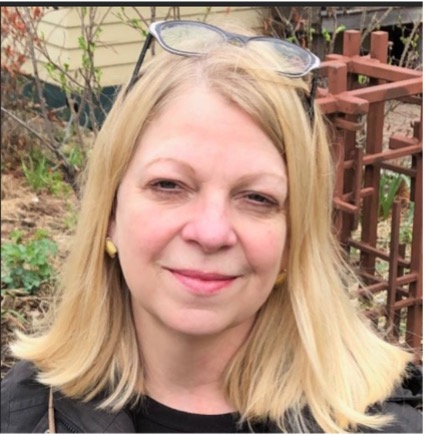 Louise Young, Marilyn B. Young Professor of History, grew up in Madison, where she also attended college, graduating with a BA in Political Science. She earned her Ph.D. in Japanese history at Columbia University. Her research involves Japanese culture and society across the “long twentieth century,” including Japanese imperialism and decolonization; American-East Asian relations; fascism, militarism, and the Asia-Pacific War; Cold War and post-Cold War Japan. She is the author of two monographs and multiple articles and is currently working on two book projects. One examines the idea of class from the 1870s to the 1960s, tracing the origins of the “middle class myth” in postwar Japan. The other tracks shifting views of the empire against the backdrop of deimperialization from 1945 to the present. At the UW she served as Director of the Center for East Asian Studies, where she worked to expand East Asian Studies and build the Asian history program. A recipient of numerous fellowships, she won NEH, SSRC, and Fulbright awards as well as fellowships at the Institute for Advanced Research and the Wilson Center. She is a Fellow of the American Academy of Arts and Sciences.
Louise Young, Marilyn B. Young Professor of History, grew up in Madison, where she also attended college, graduating with a BA in Political Science. She earned her Ph.D. in Japanese history at Columbia University. Her research involves Japanese culture and society across the “long twentieth century,” including Japanese imperialism and decolonization; American-East Asian relations; fascism, militarism, and the Asia-Pacific War; Cold War and post-Cold War Japan. She is the author of two monographs and multiple articles and is currently working on two book projects. One examines the idea of class from the 1870s to the 1960s, tracing the origins of the “middle class myth” in postwar Japan. The other tracks shifting views of the empire against the backdrop of deimperialization from 1945 to the present. At the UW she served as Director of the Center for East Asian Studies, where she worked to expand East Asian Studies and build the Asian history program. A recipient of numerous fellowships, she won NEH, SSRC, and Fulbright awards as well as fellowships at the Institute for Advanced Research and the Wilson Center. She is a Fellow of the American Academy of Arts and Sciences.
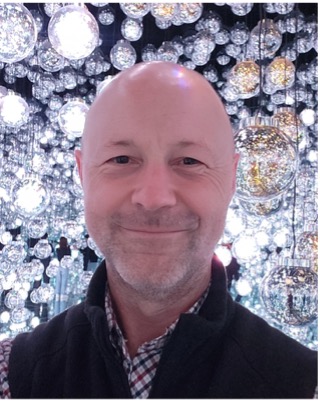 Martin T. Zanni, Fleming Crim Professor of Chemistry, moved to UW–Madison in 2002 to become a Professor of Chemistry after receiving bachelor degrees in physics and chemistry from the University of Rochester, a PhD from the University of California, Berkeley, and after working three years as a researcher at the University of Pennsylvania. He is one of the early pioneers of ultrafast 2D spectroscopy and has made many technological innovations that broadened its capabilities and scope. He utilizes this new technique to study many topics including a protein that causes pancreas degradation in individuals with type 2 diabetes and energy transfer between carbon nanotubes that form a new type of semiconductor. He has received many national and international accolades for his research. Notably, he is the only person to have received the American Chemical Society Nobel Laureate Signature Award as both a student and a mentor and the first person to receive the Craver, Coblentz, and Lippincott series of awards. He is a member of the American Academy of Arts and Sciences and was elected this year into the National Academy of Sciences, which is the premier institution for scientists in the United States. The Wisconsin Alumni Research Foundation has patented eight inventions from his research at UW-Madison. He founded PhaseTech Spectroscopy Inc., which commercialized several of those inventions.
Martin T. Zanni, Fleming Crim Professor of Chemistry, moved to UW–Madison in 2002 to become a Professor of Chemistry after receiving bachelor degrees in physics and chemistry from the University of Rochester, a PhD from the University of California, Berkeley, and after working three years as a researcher at the University of Pennsylvania. He is one of the early pioneers of ultrafast 2D spectroscopy and has made many technological innovations that broadened its capabilities and scope. He utilizes this new technique to study many topics including a protein that causes pancreas degradation in individuals with type 2 diabetes and energy transfer between carbon nanotubes that form a new type of semiconductor. He has received many national and international accolades for his research. Notably, he is the only person to have received the American Chemical Society Nobel Laureate Signature Award as both a student and a mentor and the first person to receive the Craver, Coblentz, and Lippincott series of awards. He is a member of the American Academy of Arts and Sciences and was elected this year into the National Academy of Sciences, which is the premier institution for scientists in the United States. The Wisconsin Alumni Research Foundation has patented eight inventions from his research at UW-Madison. He founded PhaseTech Spectroscopy Inc., which commercialized several of those inventions.
H.I. Romnes Faculty Fellowship
Eleven faculty have been honored with the H.I. Romnes Fellowships to recognize faculty with exceptional research contributions within their first six years from promotion to a tenured position. The award is named in recognition of the late WARF trustees president H.I. Romnes and comes with $60,000 that may be spent over five years.
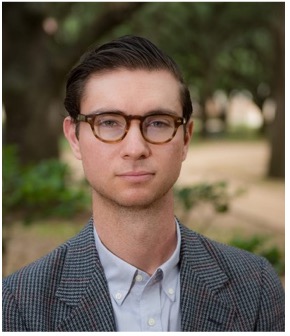 Max Besbris, associate professor of sociology and associate chair of the Department of Sociology, studies how individuals make decisions in economic markets and how these decisions, in turn, affect racial and socio-spatial inequalities. He is affiliated with the Center for Demography and Ecology, Center for Financial Security, and Institute for Research on Poverty. His first book, Upsold (2020) showed how real estate agents affect home seekers’ decisions and prices in the housing market. His second, Soaking the Middle Class (2022), examined how climate-related disasters will increase inequality in the U.S. as they become more frequent and severe. He has also published widely on discrimination in housing and consumer markets, on how journalism schools are adapting to changes in the journalism labor market, and on the structure of the rental market in the metropolitan U.S. He has won awards for research, teaching, and public service and his work has been covered in various media outlets including the New York Times, CBS, and CNN.
Max Besbris, associate professor of sociology and associate chair of the Department of Sociology, studies how individuals make decisions in economic markets and how these decisions, in turn, affect racial and socio-spatial inequalities. He is affiliated with the Center for Demography and Ecology, Center for Financial Security, and Institute for Research on Poverty. His first book, Upsold (2020) showed how real estate agents affect home seekers’ decisions and prices in the housing market. His second, Soaking the Middle Class (2022), examined how climate-related disasters will increase inequality in the U.S. as they become more frequent and severe. He has also published widely on discrimination in housing and consumer markets, on how journalism schools are adapting to changes in the journalism labor market, and on the structure of the rental market in the metropolitan U.S. He has won awards for research, teaching, and public service and his work has been covered in various media outlets including the New York Times, CBS, and CNN.
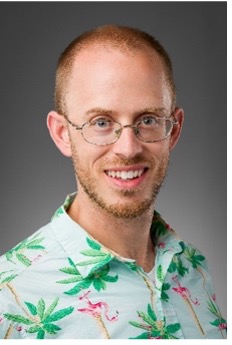 Andrew Buller, associate professor of chemistry, develops innovative biocatalysts for organic synthesis, focusing on engineering C-C bond forming enzymes and collaboratively developing a new-to-nature cofactors using cobalt. With over 40 publications, he has successfully mentored eight PhD graduates and 19 undergraduate researchers. He leads a popular graduate chemical biology course that attracts students from diverse PhD programs across campus.
Andrew Buller, associate professor of chemistry, develops innovative biocatalysts for organic synthesis, focusing on engineering C-C bond forming enzymes and collaboratively developing a new-to-nature cofactors using cobalt. With over 40 publications, he has successfully mentored eight PhD graduates and 19 undergraduate researchers. He leads a popular graduate chemical biology course that attracts students from diverse PhD programs across campus.
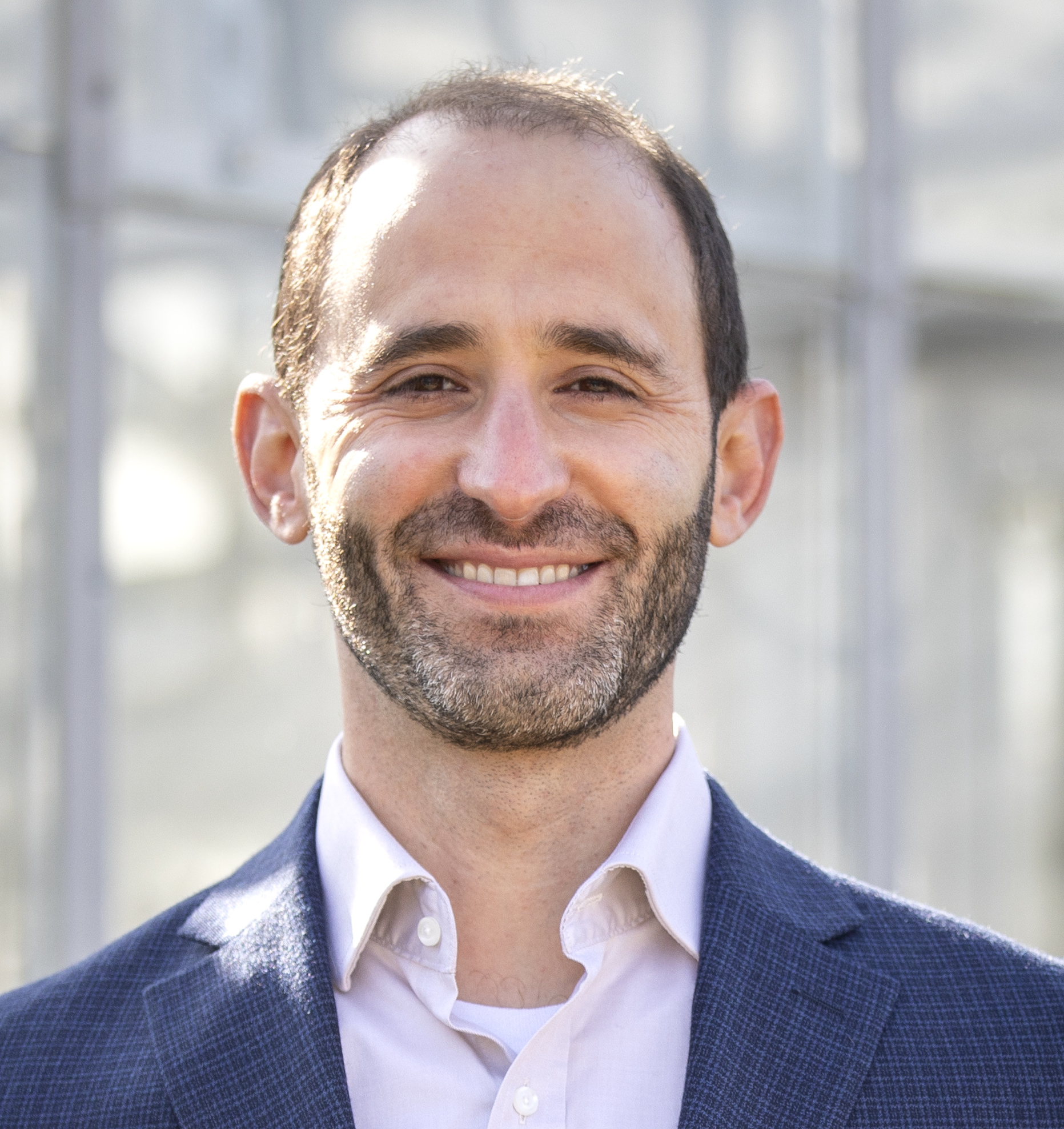 Jeffrey Endelman, professor in the Department of Plant & Agroecosystem Sciences, develops new methods and software in the field of quantitative genetics, which is the study of traits affected by many genes and the environment. Endelman’s research group’s practical motivation is to improve the UW–Madison potato breeding program, which was initiated in 1936 and has continued to release commercially successful varieties under his leadership. He teaches two graduate courses for the Plant Breeding and Plant Genetics program, an undergraduate elective on the science and regulation of genetically modified crops, and the plant physiology unit in the Biocore program. He has served as a member of the Faculty Senate and Graduate Faculty Executive Committee; his college, CALS, on its Research Advisory Committee; and his department in various curricular roles, including faculty lead to create a new graduate program in Plant Science & Technology.
Jeffrey Endelman, professor in the Department of Plant & Agroecosystem Sciences, develops new methods and software in the field of quantitative genetics, which is the study of traits affected by many genes and the environment. Endelman’s research group’s practical motivation is to improve the UW–Madison potato breeding program, which was initiated in 1936 and has continued to release commercially successful varieties under his leadership. He teaches two graduate courses for the Plant Breeding and Plant Genetics program, an undergraduate elective on the science and regulation of genetically modified crops, and the plant physiology unit in the Biocore program. He has served as a member of the Faculty Senate and Graduate Faculty Executive Committee; his college, CALS, on its Research Advisory Committee; and his department in various curricular roles, including faculty lead to create a new graduate program in Plant Science & Technology.
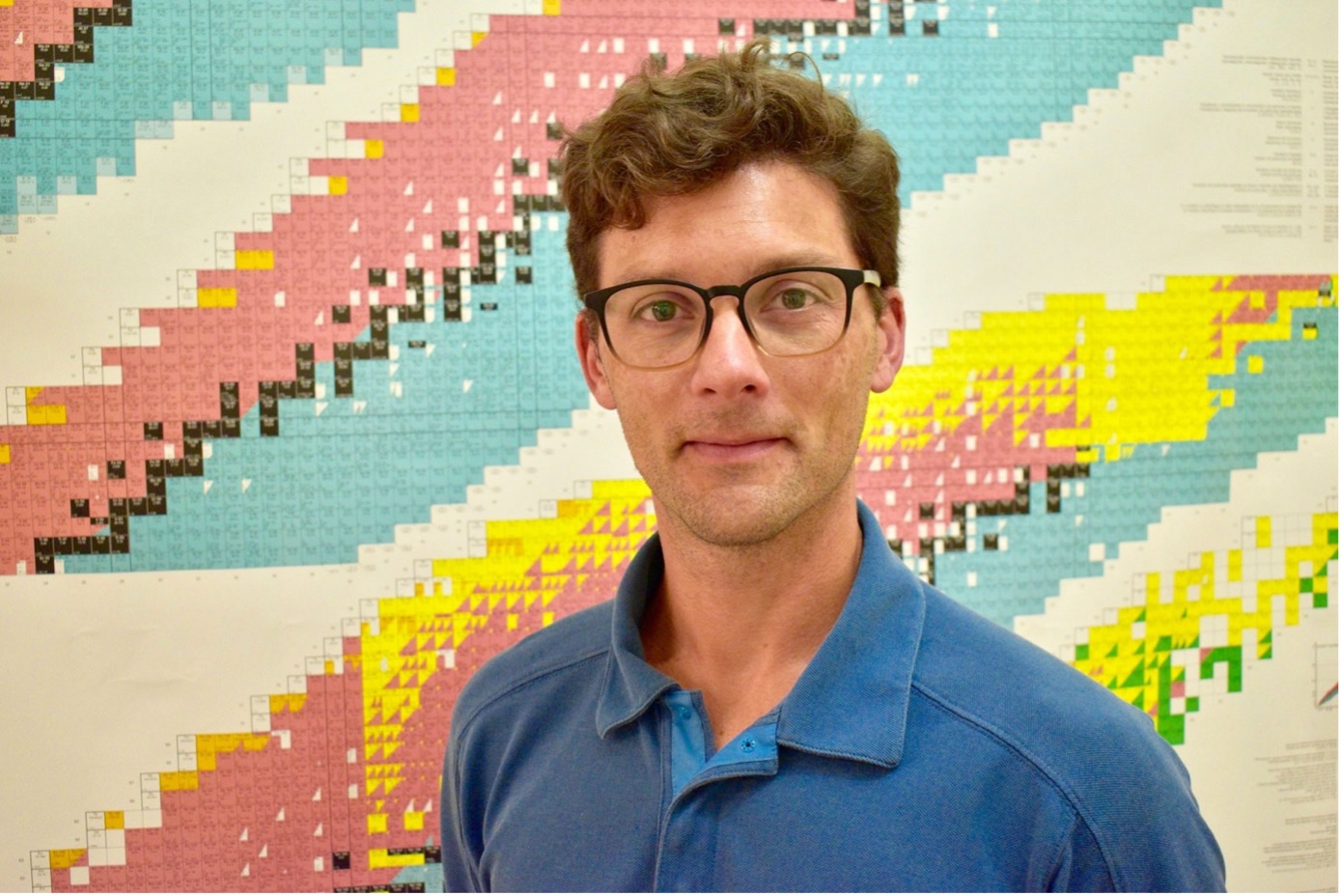 Jonathan Engle, associate professor in medical physics and radiology with affiliations in inorganic chemistry and engineering physics, has 19 years of experience in radionuclide production, accelerator targetry and radiochemistry, and PET imaging. He trained as a postdoc at Los Alamos National Laboratory and is the recipient of a prestigious Frederick Reines Fellowship and a Presidential Early Career Award for Scientists and Engineers. As PI of the Cyclotron Research Group, he researches production and application of positron- and therapeutic electron-emitting radionuclides.
Jonathan Engle, associate professor in medical physics and radiology with affiliations in inorganic chemistry and engineering physics, has 19 years of experience in radionuclide production, accelerator targetry and radiochemistry, and PET imaging. He trained as a postdoc at Los Alamos National Laboratory and is the recipient of a prestigious Frederick Reines Fellowship and a Presidential Early Career Award for Scientists and Engineers. As PI of the Cyclotron Research Group, he researches production and application of positron- and therapeutic electron-emitting radionuclides.
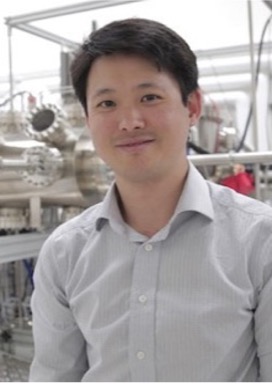 Jason Kawasaki, associate professor of Materials Science and Engineering, uses molecular beam epitaxy to synthesize strained thin films, superlattices, and membranes of Heusler compounds to engineer their electronic, magnetic, thermoelectric, topological, and mechanical properties. He is devising new strategies to sandwich together two materials while maintaining atomically sharp boundaries between the layers. Applications for his research include spintronics and energy efficient computing. His previous awards include the American Vacuum Society’s Peter Mark Memorial Award, International Conference on Molecular Beam Epitaxy Young Investigator Award, UW–Madison Vilas Associate Award, Air Force Office of Scientific Research’s Young Investigator Award, DARPA Young Faculty Award and NSF Career Award.
Jason Kawasaki, associate professor of Materials Science and Engineering, uses molecular beam epitaxy to synthesize strained thin films, superlattices, and membranes of Heusler compounds to engineer their electronic, magnetic, thermoelectric, topological, and mechanical properties. He is devising new strategies to sandwich together two materials while maintaining atomically sharp boundaries between the layers. Applications for his research include spintronics and energy efficient computing. His previous awards include the American Vacuum Society’s Peter Mark Memorial Award, International Conference on Molecular Beam Epitaxy Young Investigator Award, UW–Madison Vilas Associate Award, Air Force Office of Scientific Research’s Young Investigator Award, DARPA Young Faculty Award and NSF Career Award.
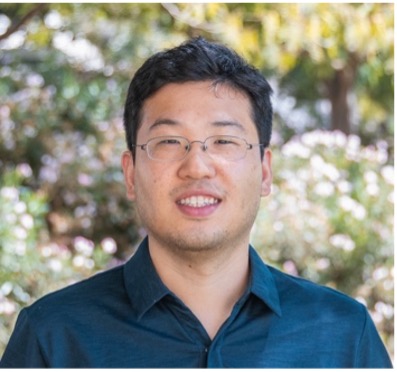 Yong Jae Lee is an associate professor in the Department of Computer Sciences. His research is in computer vision and machine learning, with a focus on creating AI systems that understand our multimodal world with minimal human supervision. He is a recipient of the ARO Young Investigator Award, NSF CAREER Award, industry awards from Amazon, Adobe, and Sony, and SACM Student Choice Professor of the Year Award.
Yong Jae Lee is an associate professor in the Department of Computer Sciences. His research is in computer vision and machine learning, with a focus on creating AI systems that understand our multimodal world with minimal human supervision. He is a recipient of the ARO Young Investigator Award, NSF CAREER Award, industry awards from Amazon, Adobe, and Sony, and SACM Student Choice Professor of the Year Award.
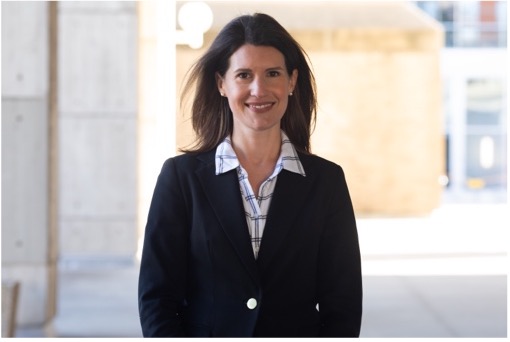 Allison M. Prasch is the Nancy Obin Sukenik Professor of Letters & Science and associate professor of rhetoric, politics, and culture in the Department of Communication Arts. She is the author of The World is Our Stage: The Global Rhetorical Presidency and the Cold War (University of Chicago Press, 2023), co-editor of Reassessing Foreign Policy Rhetorics in a Global Era: Concepts and Case Studies (Michigan State University Press, 2024), and numerous award-winning articles. Professor Prasch teaches classes in US presidential discourse, political communication, and rhetorical theory, history, and criticism. She is the 2024 recipient of the Phi Beta Kappa (Alpha Chapter of Wisconsin) Excellence in Teaching Award, and her expert commentary and analysis has been featured in outlets such as National Public Radio, ABC News, the BBC, C-SPAN, Washington Post, Boston Globe, U.S. News & World Report, The Hill and Wisconsin Public Radio.
Allison M. Prasch is the Nancy Obin Sukenik Professor of Letters & Science and associate professor of rhetoric, politics, and culture in the Department of Communication Arts. She is the author of The World is Our Stage: The Global Rhetorical Presidency and the Cold War (University of Chicago Press, 2023), co-editor of Reassessing Foreign Policy Rhetorics in a Global Era: Concepts and Case Studies (Michigan State University Press, 2024), and numerous award-winning articles. Professor Prasch teaches classes in US presidential discourse, political communication, and rhetorical theory, history, and criticism. She is the 2024 recipient of the Phi Beta Kappa (Alpha Chapter of Wisconsin) Excellence in Teaching Award, and her expert commentary and analysis has been featured in outlets such as National Public Radio, ABC News, the BBC, C-SPAN, Washington Post, Boston Globe, U.S. News & World Report, The Hill and Wisconsin Public Radio.
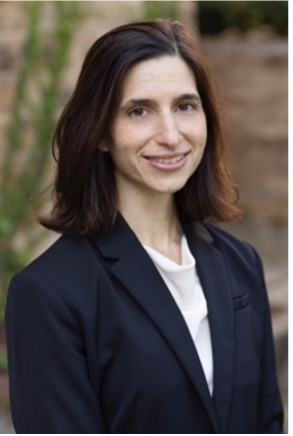 Miriam Seifter is a professor of law and co-founder of the State Democracy Research Initiative. She studies state and federal public law, with a focus on challenges affecting democracy at the state level. She is the co-author of a new textbook, State Constitutional Law: Cases and Principles, and regularly speaks to attorneys, judges, and the wider community about democracy and state governance.
Miriam Seifter is a professor of law and co-founder of the State Democracy Research Initiative. She studies state and federal public law, with a focus on challenges affecting democracy at the state level. She is the co-author of a new textbook, State Constitutional Law: Cases and Principles, and regularly speaks to attorneys, judges, and the wider community about democracy and state governance.
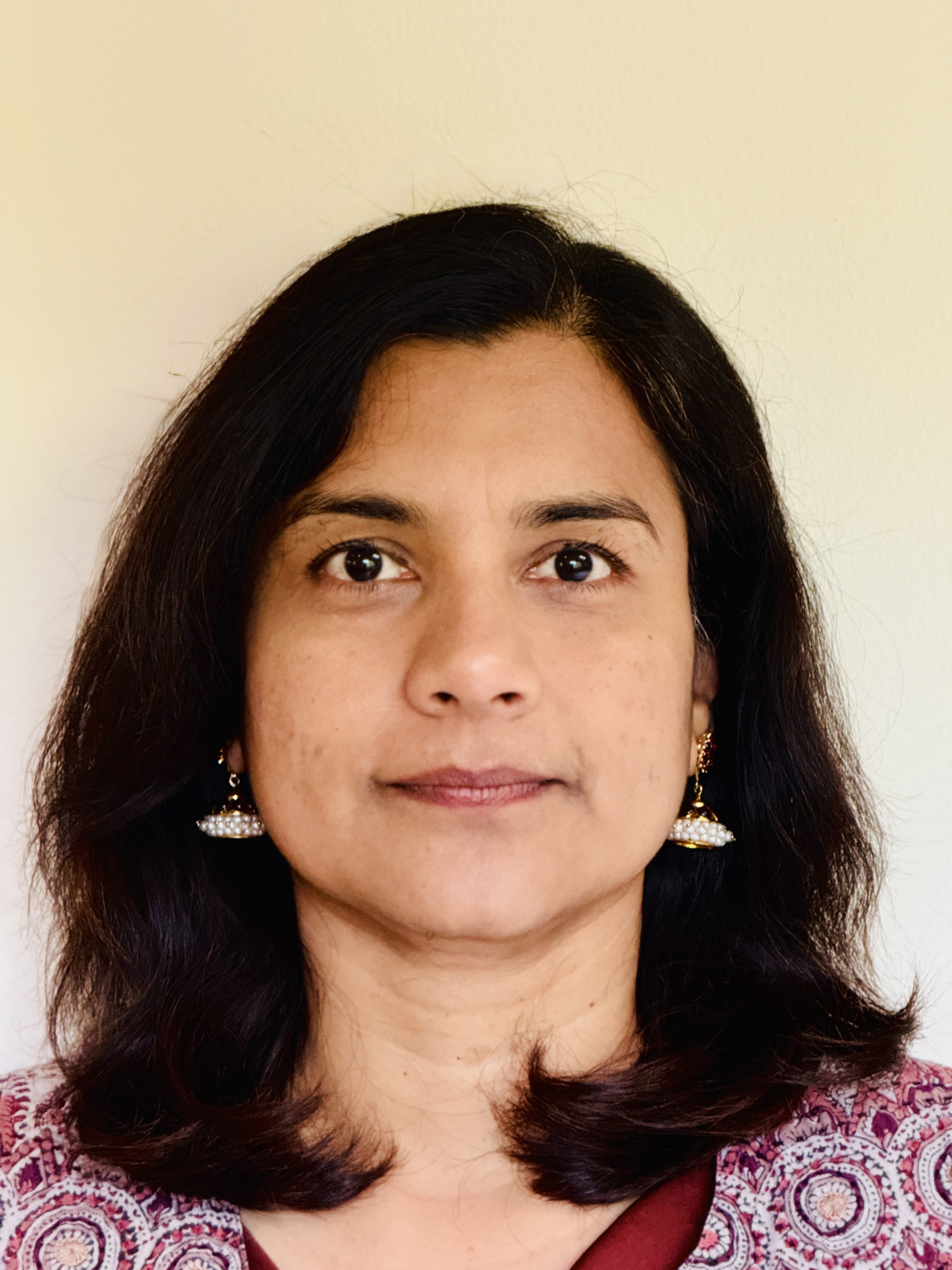 Rupa Sridharan, associate professor of cell and regenerative biology is an investigator at the Wisconsin Institute for Discovery and aims to discover the rules to make, break and manipulate cell identity. Her lab investigates how information in the epigenome controls cell identity using genomic and gene editing techniques in pluripotent stem cells. Insights from these studies have therapeutic implications for infertility, neurodevelopmental disorders and diseases whose frequency increases with age. Dr. Sridharan is widely published and is a dedicated mentor committed to training the next generation of scientists at all career stages. She is a prior recipient of the Shaw Scientist, Basil O’ Connor Scholar, Kimmel Scholar and UW–Madison Vilas Investigator awards.
Rupa Sridharan, associate professor of cell and regenerative biology is an investigator at the Wisconsin Institute for Discovery and aims to discover the rules to make, break and manipulate cell identity. Her lab investigates how information in the epigenome controls cell identity using genomic and gene editing techniques in pluripotent stem cells. Insights from these studies have therapeutic implications for infertility, neurodevelopmental disorders and diseases whose frequency increases with age. Dr. Sridharan is widely published and is a dedicated mentor committed to training the next generation of scientists at all career stages. She is a prior recipient of the Shaw Scientist, Basil O’ Connor Scholar, Kimmel Scholar and UW–Madison Vilas Investigator awards.
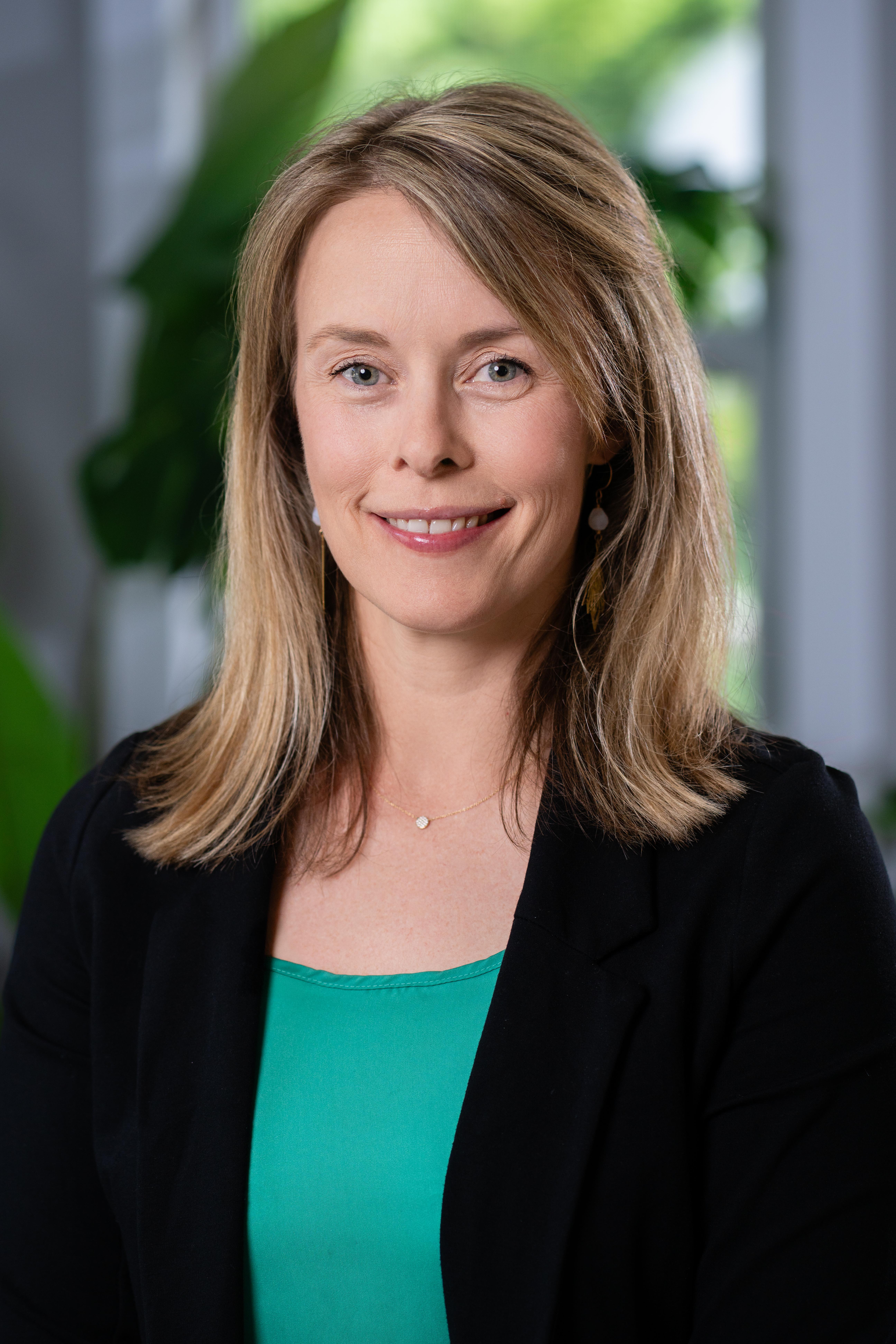 Kate Walsh is a clinical psychologist, professor in Psychology and Gender & Women’s Studies, and director of the UW-Madison Sexual Violence Research Initiative. Her intervention research, which has been funded by the National Institutes of Health, Department of Justice-Office for Victims of Crime, and Wisconsin Department of Children & Families, aims to improve recovery and well-being among sexual and relationship violence survivors.
Kate Walsh is a clinical psychologist, professor in Psychology and Gender & Women’s Studies, and director of the UW-Madison Sexual Violence Research Initiative. Her intervention research, which has been funded by the National Institutes of Health, Department of Justice-Office for Victims of Crime, and Wisconsin Department of Children & Families, aims to improve recovery and well-being among sexual and relationship violence survivors.
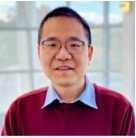 Daifeng Wang is an associate professor of biostatistics and medical informatics. His lab develops machine learning and artificial intelligence methods to understand cellular and molecular mechanisms in brain diseases. He is a NSF Career Awardee and teaches advanced bioinformatics. He directs the data science core at the Waisman Center, serves as a journal editor for Genome Biology and PLoS Computational Biology, and is a member of multiple federal review panels.
Daifeng Wang is an associate professor of biostatistics and medical informatics. His lab develops machine learning and artificial intelligence methods to understand cellular and molecular mechanisms in brain diseases. He is a NSF Career Awardee and teaches advanced bioinformatics. He directs the data science core at the Waisman Center, serves as a journal editor for Genome Biology and PLoS Computational Biology, and is a member of multiple federal review panels.
KELLETT MID-CAREER AWARDS
Eleven faculty have been honored with Kellett Mid-Career Awards to support those promoted to tenured positions seven to 20 years ago and who have made key research contributions in their fields. The award, named for the late William R. Kellett, a former president of the WARF board of trustees and president of Kimberly-Clark Corporation, provides support and encouragement to faculty at a critical stage of their careers and comes with $75,000 to be spent over five years.
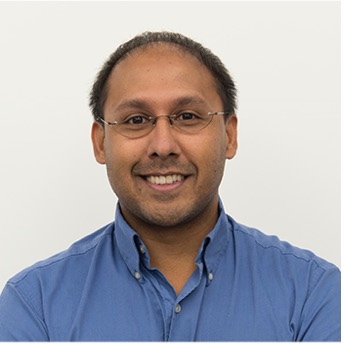 Anjon Audhya, professor of biomolecular chemistry, takes advantage of genetic, biochemical, and microscopy-based approaches to dissect basic regulatory mechanisms that control protein trafficking and organelle dynamics. Although basic research is the cornerstone of his program, he also seeks to define pathomechanisms that underlie human disease, focusing on the impact of mutations in key trafficking components that lead to neurodegeneration and cancer.
Anjon Audhya, professor of biomolecular chemistry, takes advantage of genetic, biochemical, and microscopy-based approaches to dissect basic regulatory mechanisms that control protein trafficking and organelle dynamics. Although basic research is the cornerstone of his program, he also seeks to define pathomechanisms that underlie human disease, focusing on the impact of mutations in key trafficking components that lead to neurodegeneration and cancer.
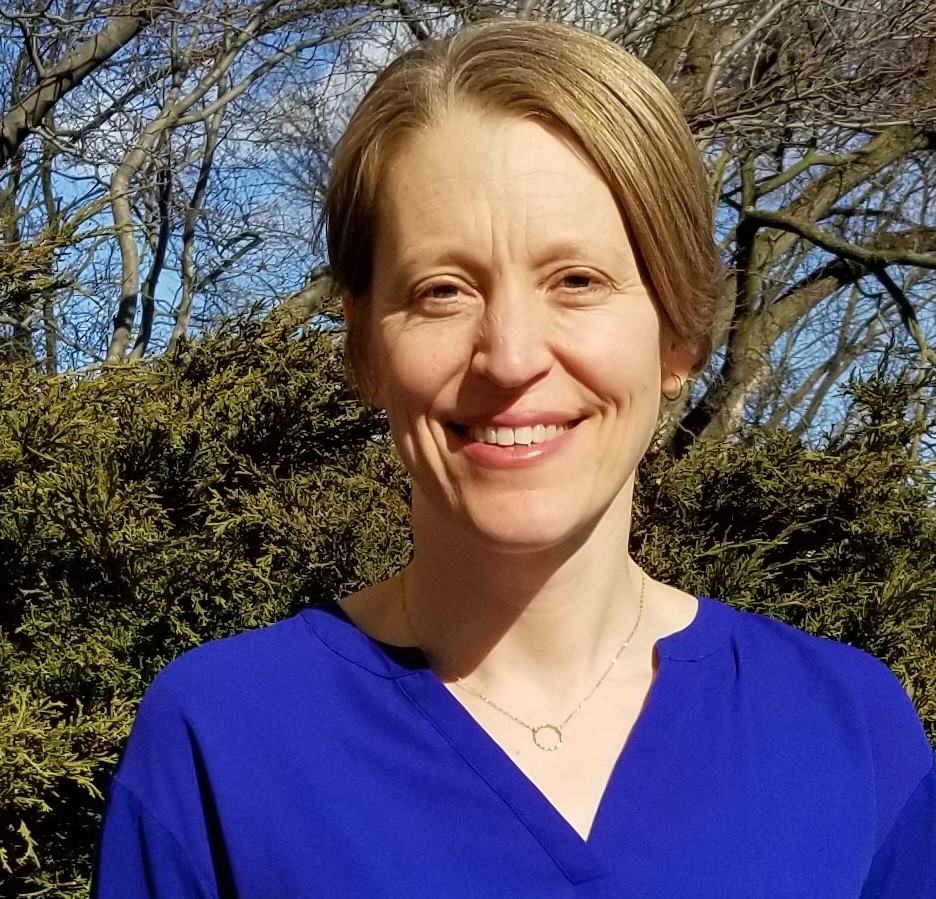 Ellen Damschen, professor of conservation biology and ecology, an ecologist and professor of integrative biology, studies what determines plant community diversity and how global change affects plant communities. She is interested in how local and regional ecological processes affect species diversity with a particular emphasis on how human-induced global changes affect their relative importance. Her approach lies at the intersection of basic and applied ecology, using long-term datasets and large-scale experiments from terrestrial plant communities to test basic theory with relevance to applied conservation management. She is a former recipient of the Chancellor’s Distinguished Teaching Award for Inclusive Excellence, was named an Ecological Society of America Fellow for her pioneering research in basic ecology and applied plant conservation and received an Outstanding Paper in Landscape Ecology from the International Association of Landscape Ecology. Her work has been widely published and featured in New York Times and on National Public Radio.
Ellen Damschen, professor of conservation biology and ecology, an ecologist and professor of integrative biology, studies what determines plant community diversity and how global change affects plant communities. She is interested in how local and regional ecological processes affect species diversity with a particular emphasis on how human-induced global changes affect their relative importance. Her approach lies at the intersection of basic and applied ecology, using long-term datasets and large-scale experiments from terrestrial plant communities to test basic theory with relevance to applied conservation management. She is a former recipient of the Chancellor’s Distinguished Teaching Award for Inclusive Excellence, was named an Ecological Society of America Fellow for her pioneering research in basic ecology and applied plant conservation and received an Outstanding Paper in Landscape Ecology from the International Association of Landscape Ecology. Her work has been widely published and featured in New York Times and on National Public Radio.
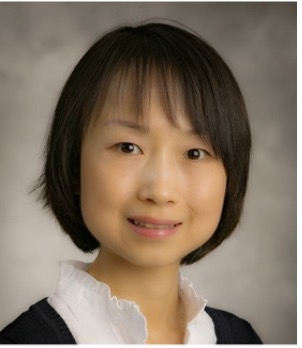 Chao Fu, Mary Claire Aschenbrener Phipps Distinguished Chair in Economics, is a labor economist who combines economic theories and econometrics tools to study policy relevant questions. Her research covers education, crime, and other areas of public policy. She examines the impact of government policies in these areas and offers insights into future policy designs.
Chao Fu, Mary Claire Aschenbrener Phipps Distinguished Chair in Economics, is a labor economist who combines economic theories and econometrics tools to study policy relevant questions. Her research covers education, crime, and other areas of public policy. She examines the impact of government policies in these areas and offers insights into future policy designs.
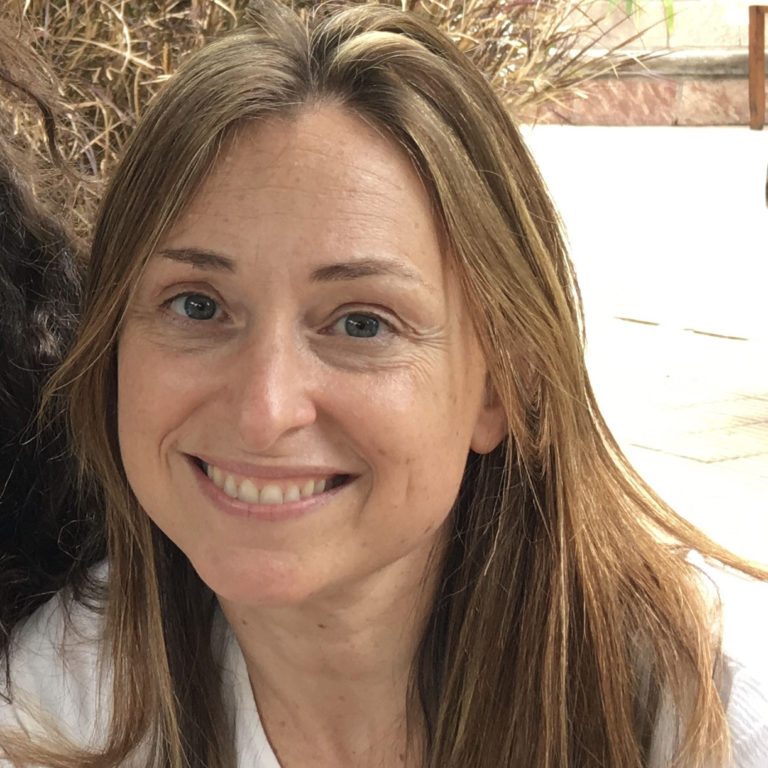 Paola S. Hernández is a professor in the Department of Spanish and Portuguese, core faculty of Interdisciplinary Theatre Studies, and affiliate faculty with the Chicanx and Latinx Studies program. Her research and teaching center on issues related to human rights, documentary theatre, citizenship, US-Mexico migration and border studies, as well as the intersection of performance and political activism in and of Latinx America. Currently, she is the Editor of Latin American Theatre Review.
Paola S. Hernández is a professor in the Department of Spanish and Portuguese, core faculty of Interdisciplinary Theatre Studies, and affiliate faculty with the Chicanx and Latinx Studies program. Her research and teaching center on issues related to human rights, documentary theatre, citizenship, US-Mexico migration and border studies, as well as the intersection of performance and political activism in and of Latinx America. Currently, she is the Editor of Latin American Theatre Review.
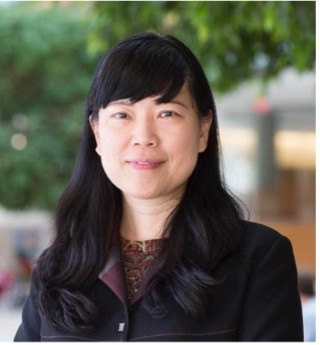 Lingjun Li, professor of pharmaceutical sciences and chemistry, works at the interface of analytical chemistry and biomedical sciences. She and her group develop cutting-edge, mass spectrometry-based tools to advance neuropeptidomics and a multi-omics approach for disease biomarker discovery. Her research has led to advancements in chemical tag-based quantitative omics and spatially resolved multi-omics, enabling single-cell molecular MS imaging. She is a dedicated mentor with a passion for training the next generation of scientists.
Lingjun Li, professor of pharmaceutical sciences and chemistry, works at the interface of analytical chemistry and biomedical sciences. She and her group develop cutting-edge, mass spectrometry-based tools to advance neuropeptidomics and a multi-omics approach for disease biomarker discovery. Her research has led to advancements in chemical tag-based quantitative omics and spatially resolved multi-omics, enabling single-cell molecular MS imaging. She is a dedicated mentor with a passion for training the next generation of scientists.
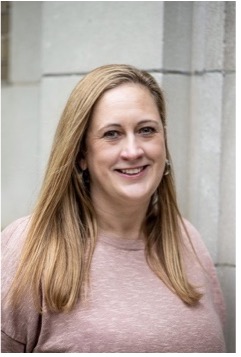 Katherine Magnuson, professor of social work and former director of the Institute for Research on Poverty, studies the well-being and development of economically disadvantaged children and their families. She is an expert on how poverty and income affect children’s development, and how anti-poverty policies and early childhood education programs support the healthy development of children. She is a principal investigator of the Baby’s First Years study, the first unconditional cash transfer study in the United States to low-income mothers.
Katherine Magnuson, professor of social work and former director of the Institute for Research on Poverty, studies the well-being and development of economically disadvantaged children and their families. She is an expert on how poverty and income affect children’s development, and how anti-poverty policies and early childhood education programs support the healthy development of children. She is a principal investigator of the Baby’s First Years study, the first unconditional cash transfer study in the United States to low-income mothers.
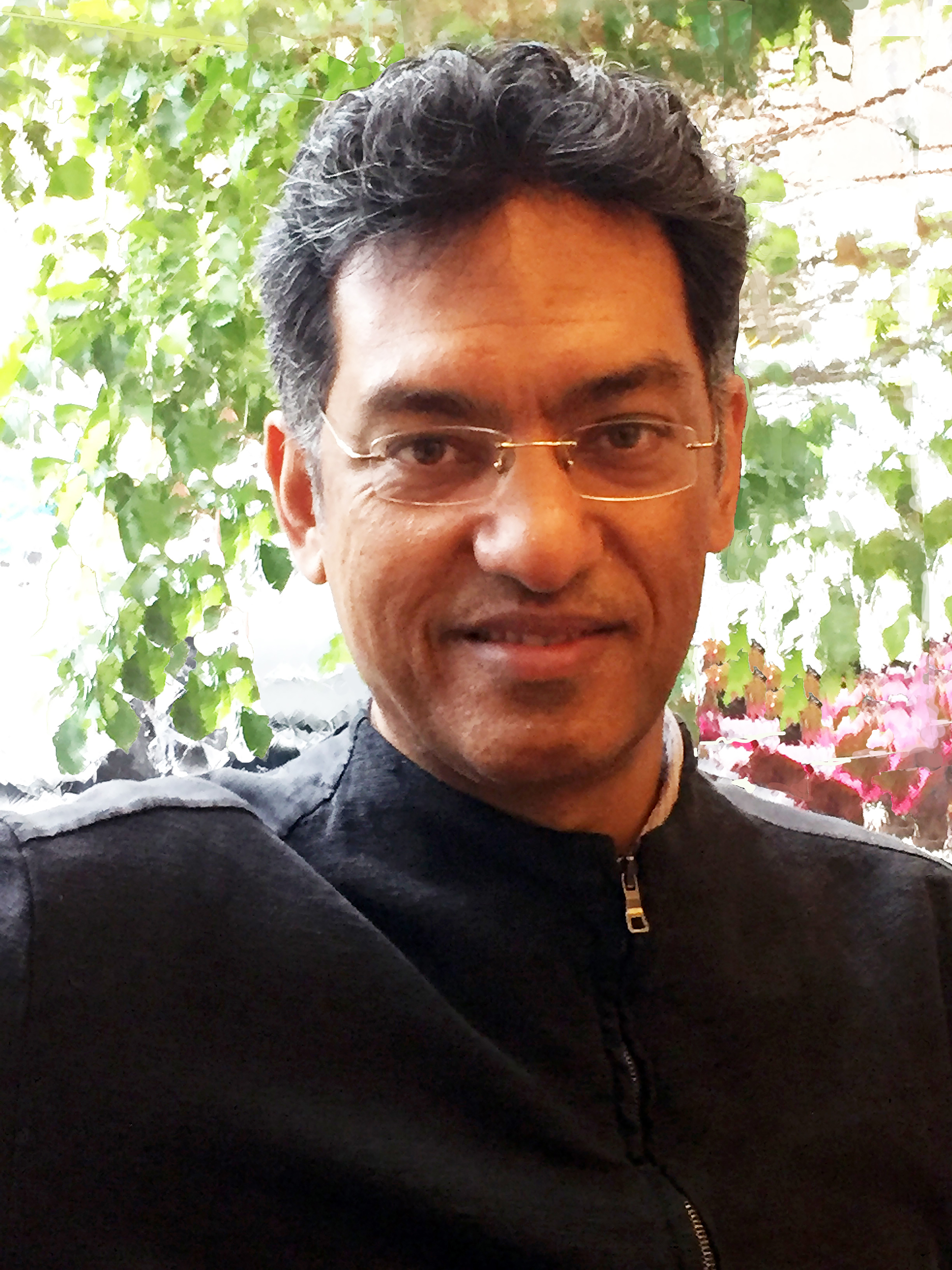 Viren Murthy is professor of transnational Asian history and currently chair of the Center for South Asian Studies. His work focuses on thinkers from China, Japan, India and Germany, highlighting their critiques modernity and theories of history. In both research and teaching, he takes an interdisciplinary approach, bringing together history, philosophy, political theory and Asian studies
Viren Murthy is professor of transnational Asian history and currently chair of the Center for South Asian Studies. His work focuses on thinkers from China, Japan, India and Germany, highlighting their critiques modernity and theories of history. In both research and teaching, he takes an interdisciplinary approach, bringing together history, philosophy, political theory and Asian studies
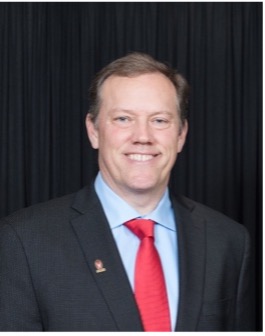 Eric V. Shusta, professor of chemical and biological engineering and neurological surgery, pursues research focused on the development of molecular and cellular engineering tools that can help gain a better understanding of the brain vasculature in health and disease. He further leverages these tools to design new drug delivery systems for the treatment of brain disease.
Eric V. Shusta, professor of chemical and biological engineering and neurological surgery, pursues research focused on the development of molecular and cellular engineering tools that can help gain a better understanding of the brain vasculature in health and disease. He further leverages these tools to design new drug delivery systems for the treatment of brain disease.
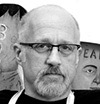 Fred Stonehouse, professor of painting and drawing and affiliate with the Division of the Arts, is known for is known for his surrealist, mystical visual work that seems to pull dreamlike imagination into a framework of American and religious folklore. He treats painting as a form of storytelling and like his visual work, his stories are surreal. He has been the recipient of a National Endowment for the Arts Midwest Grant as well as a Joan Mitchell Foundation Individual Artists Grant. His work has been featured in solo exhibitions at galleries throughout New York, St. Louis, New Orleans, Indianapolis, Los Angeles, Minneapolis, Chicago, Puebla, Berlin, etc. It has also been collected by institutions such as the Milwaukee Art Museum, the Madison Museum of Contemporary Art, the Tacoma Art Museum, the San Jose Museum of Art, Northwestern University, as well as prominent individual collectors including Sheryl Crow and Madonna.
Fred Stonehouse, professor of painting and drawing and affiliate with the Division of the Arts, is known for is known for his surrealist, mystical visual work that seems to pull dreamlike imagination into a framework of American and religious folklore. He treats painting as a form of storytelling and like his visual work, his stories are surreal. He has been the recipient of a National Endowment for the Arts Midwest Grant as well as a Joan Mitchell Foundation Individual Artists Grant. His work has been featured in solo exhibitions at galleries throughout New York, St. Louis, New Orleans, Indianapolis, Los Angeles, Minneapolis, Chicago, Puebla, Berlin, etc. It has also been collected by institutions such as the Milwaukee Art Museum, the Madison Museum of Contemporary Art, the Tacoma Art Museum, the San Jose Museum of Art, Northwestern University, as well as prominent individual collectors including Sheryl Crow and Madonna.
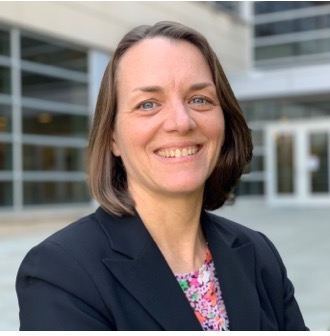 Amy Trentham-Dietz, professor of population health sciences and associate director of population sciences & community engagement in the Carbone Cancer Center, studies the epidemiology of cancer with a focus on breast and ovarian cancer. Her research examines approaches to reduce risk of cancer, identify effective strategies for detecting cancer early, and improve the length and quality of life after a cancer diagnosis in women.
Amy Trentham-Dietz, professor of population health sciences and associate director of population sciences & community engagement in the Carbone Cancer Center, studies the epidemiology of cancer with a focus on breast and ovarian cancer. Her research examines approaches to reduce risk of cancer, identify effective strategies for detecting cancer early, and improve the length and quality of life after a cancer diagnosis in women.
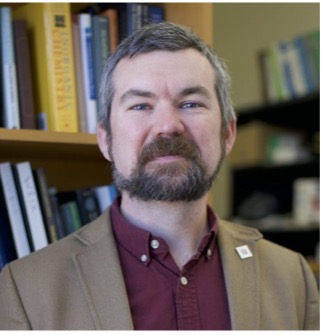 Daniel J. Weix, Wayland E. Noland distinguished professor of chemistry, studies transition-metal catalysis to develop new, better approaches to making complex molecules from abundant starting materials. The “cross-electrophile coupling” reactions invented by his research group are now widely studied and utilized for the discovery and development of new drugs.
Daniel J. Weix, Wayland E. Noland distinguished professor of chemistry, studies transition-metal catalysis to develop new, better approaches to making complex molecules from abundant starting materials. The “cross-electrophile coupling” reactions invented by his research group are now widely studied and utilized for the discovery and development of new drugs.
By Natasha Kassulke, natasha.kassulke@wisc.edu
